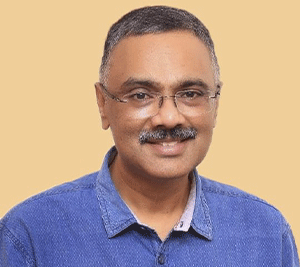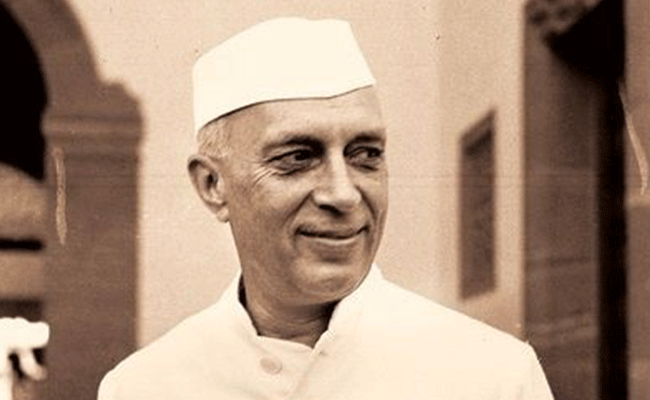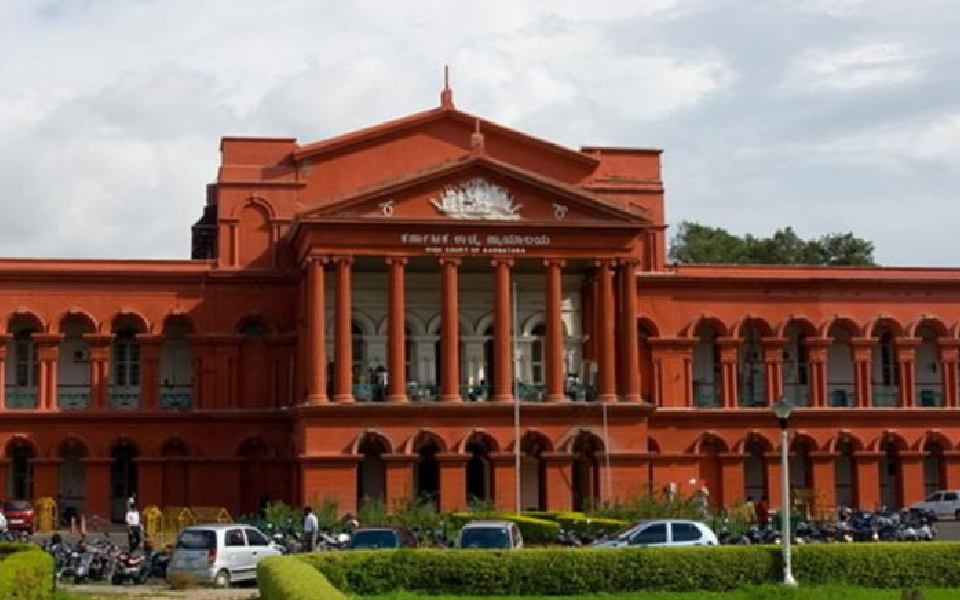Jawaharlal Nehru, the first Prime Minister of India, played a pivotal role in shaping the country's modern identity. As the architect of modern India, Nehru's legacy can be seen in the nation's political, economic, and cultural development. His commitment to democracy, secularism, and scientific progress helped to lay the foundations for a strong and prosperous India. Despite facing numerous challenges and criticisms during his tenure, Nehru's vision and leadership continue to influence India's direction to this day. One must examine Nehru's contributions to India's growth and progress, as well as the enduring impact of his vision on the country's future.
The Father of Independent India
Jawaharlal Nehru played a crucial role in the country's journey to independence and the shaping of its modern identity. As a key leader of the Indian independence movement and a member of the Congress Party, Nehru worked tirelessly towards the goal of freeing India from British rule.
One of Nehru's most significant contributions was the integration of the 565 princely states in India, which had the option of becoming independent or joining either India or Pakistan after the British announced their departure in 1947. Nehru, along with Sardar Patel and support from Lord Mountbatten, successfully integrated all of these states into one united India, with the exception of the disputed region of Jammu and Kashmir.
In addition to his efforts in unifying the various princely states, Nehru also worked with Dr. B.R. Ambedkar to draft and pass the Hindu Code Bill. This legislation granted Hindu women important rights such as the right to divorce and property ownership, and was a significant step towards gender equality in India. Despite Ambedkar's resignation before the bill was passed, his contributions to its development were significant.
Nehru's influence extended beyond just domestic policies, as he also played a key role in the drafting of the Objectives Resolution, which later became the Preamble to the Indian Constitution. This resolution, which outlined the principles and values that would guide the newly independent nation, remains a crucial part of India's governance to this day.
Nehru's Vision for India: Setting the Stage for Prosperity and Progress
As the first Prime Minister of independent India, Jawaharlal Nehru played a crucial role in shaping the country's modern democracy and building institutions that have lasted for decades. His contributions to India's economic and technological development are numerous, including the establishment of the Planning Commission and the Indian Institutes of Technology, as well as the development of India's nuclear program and the establishment of the Atomic Energy Commission.
Under his leadership, India experienced significant economic growth, with the country's growth rate rising from 0.72% inherited from the British to 3.6% within five years of independence. Nehru recognized the importance of science and technology in driving this growth, and worked to establish institutions like the Indian Institutes of Technology and the All India Institute of Medical Sciences to promote education and research. In a country that began independence with a 12% literacy rate, Nehru's commitment to education and scientific progress was instrumental in laying the foundations for a strong and prosperous India. Despite facing numerous challenges and criticisms during his tenure, Nehru's vision and leadership continue to influence the country's direction and shape its future.
Nehru was also a strong advocate for social justice and equality. He implemented a number of policies and programs aimed at improving the lives of the poor and disadvantaged, including land reform, universal education, and the construction of dams and irrigation systems.
Nehru's commitment to science and education was evident in the numerous institutions he helped to establish, including the Indian Institutes of Technology and the All India Institute of Medical Sciences. He also recognized the importance of science in solving social issues like poverty and hunger, and gave leading scientists of the time the freedom to establish some of the country's most important research institutes. Nehru's vision for India included a socialistic approach to nation building, and he worked to establish giant public sector undertakings such as BHEL, SAIL, and GAIL. He also contributed to self-reliance in nuclear power, with the construction of the CIRUS nuclear power plant in 1960, and the establishment of research institutes like BARC.
In addition to his contributions to science and technology, Nehru also worked to modernise education in India with the establishment of institutions like the IITs and IIMs. He also focused on infrastructure development, building roads and constructing dams like the Bhakra Dam, as well as laying the foundations for irrigation schemes in Punjab and neighbouring states.
One of Nehru's key legacies was the Non-Aligned Movement, which he co-founded with Yugoslavia's Josip Broz Tito and Eygpt's Gamel Abdel Nasser. This movement sought to give newly independent countries a voice on the global stage and stood against both the communism of the Soviet Union and the capitalism of the United States. Nehru's popularity and leadership skills made him a key figure in this movement, which continues to have influence today.
Despite his many achievements, Nehru faced criticism for his handling of the 1962 Sino-Indian War and his policies were sometimes seen as overly centralised and interventionist. However, the overall impact of his leadership was overwhelmingly positive and he is remembered as a visionary and transformational leader who laid the foundations for modern India.
Despite his successes, Nehru also made mistakes, including his handling of the situation in Jammu and Kashmir and his failure to correctly assess the threat posed by China. However, these mistakes should not diminish the overall impact of his leadership and the lasting legacy he has left on India. Nehru's vision, succinctly codified into the Preamble, and commitment to democracy, secularism, and scientific progress continue to influence the country's direction and shape its future.

Girish Linganna
Defence and Aerospace Analyst
Let the Truth be known. If you read VB and like VB, please be a VB Supporter and Help us deliver the Truth to one and all.
Manchester, Jul 25 (PTI): The prolific Joe Root on Friday surpassed Australian legend Ricky Ponting's tally to become the second highest run-getter in the history of Test cricket and next in sight of the England batter is Indian icon Sachin Tendulkar who continues to head the list.
On the third day of the fourth Test against India here, Root first leapfrogged legendary Indian Rahul Dravid and South African great Jacques Kallis' aggregate of runs in a space of eight balls and then went past Ponting by steering the ball behind point for a single as the Old Trafford crowd gave him a standing ovation.
Ponting had scored 13378 runs in 168 matches at an average of 51.85, while Tendulkar continues to top the list with 15921 runs.
It was apt that Ponting was in the commentary box when Root went past him. The 34-year-old Root began his Test career with a 73-run knock on debut during England's tour of India back in 2012 at Nagpur.
"Congrats, Joe Root. Magnificent," a delighted Ponting, doing commentary alongside Ravi Shastri, hailed the Yorkshire man.
Root is playing in his 157th Test.
It was some sight as England skipper Ben Stokes, who was also in the middle, raised his bat even before Root could take off his helmet and acknowledged the cheers and applause from the crowd and the players
Earlier, Root entered the history books by breaking the record of most Test centuries against India with his 12th hundred against the Asian giants, against whom he has played in 34 Tests so far.
Root had equalled Australian Steve Smith's record (11 centuries) in the third India-England Test at Lord's last week by scoring a hundred (104 runs from 199 balls) in the first innings.
Overall, the ton at Old Trafford was his 38th in red ball format as he joined former Sri Lanka star Kumar Sangakkara at fourth place in the list of centurions in the game's longest format.
Tendulkar (51), Jacques Kallis (45) and Ponting (41) are ahead of him in the hundred's list.





